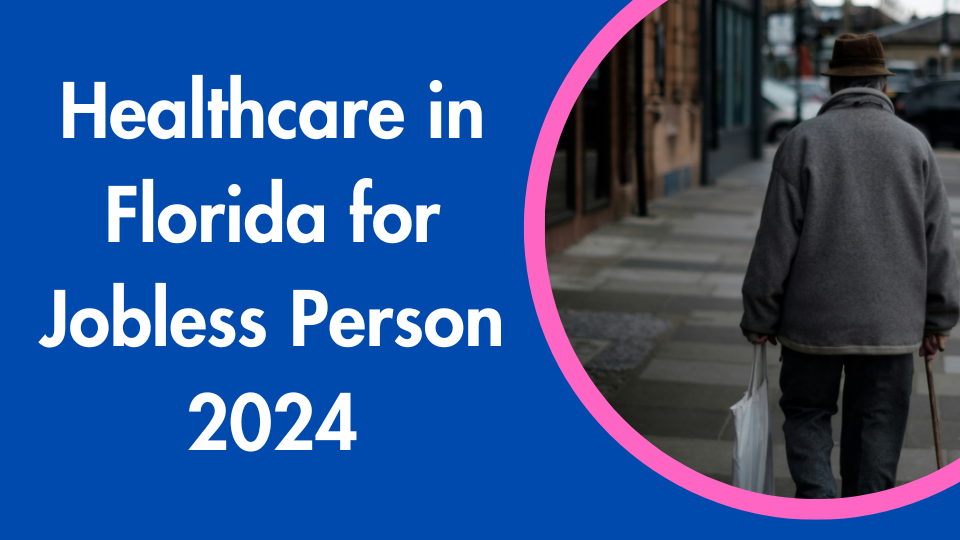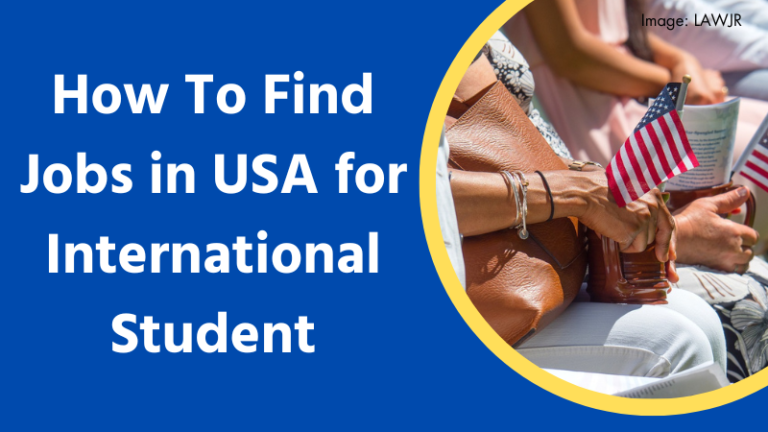Healthcare in Florida for Jobless Person 2024
Jobless individuals in Florida have various healthcare options in 2024, including Medicaid and free clinics. Community health centers also offer services based on a sliding fee scale.
Navigating healthcare without employment can be a challenge, especially when seeking affordable options. In Florida, jobless residents have several paths to medical care. Medicaid, the federal-state program, provides coverage for those meeting certain income criteria, which is pivotal as of 2024 for low-income and jobless individuals.
Additionally, numerous free or low-cost clinics operate across the Sunshine State, offering essential health services. These clinics cater to the uninsured and jobless populations, ensuring that healthcare remains accessible, regardless of employment status. For those who may not qualify for Medicaid, sliding fee scale services are available at community health centers. These centers consider a patient’s income to determine the cost of care, making healthcare services more affordable to those without a steady income. This multi-faceted approach ensures that jobless Floridians continue to have healthcare options that are essential for both emergency and preventative care.
Challenges Of Accessing Healthcare
READ MORE: USA H1B Visa 2024: Application Process and Requirements
Cost Barriers
Expensive medical bills pose a significant challenge. Prescriptions, doctor visits, and emergency care strain wallets. Below is a breakdown of common healthcare costs:| Service | Cost |
|---|---|
| General Doctor Visit | $100 – $200 |
| Specialist Visit | $150 – $300 |
| Prescription Drugs | $50 – $600+ |
| ER Visit | $1500+ |
These costs prevent access to essential healthcare services.
Lack Of Insurance Coverage
Not having insurance is a huge barrier. A simple list shows what uninsured individuals miss:- Regular check-ups to catch issues early
- Affordable medications
- Specialist care for chronic conditions
- Financial protection from unexpected medical events
Government Assistance Programs
Medicaid Eligibility
Medicaid offers free or low-cost healthcare. It depends on your income to qualify. In Florida, you must meet certain criteria:- Income Limits: Your income must fall below a specific level.
- Residency: You must live in Florida.
- Citizenship: You must be a U.S. citizen or qualified non-citizen.
Affordable Care Act Options
Under the Affordable Care Act (ACA), jobless persons have options. Florida has a health insurance marketplace. Here are key points:- Special Enrollment: Losing a job may qualify you for a Special Enrollment Period.
- Plans: There are various plans with different costs and coverage benefits.
- Subsidies: You may get help paying for coverage based on your income.
READ MORE: How to Buy UAE Mahzooz Draw Tickets?
Community Health Centers
Services Offered
The services offered at these health centers cater to a broad range of medical needs:- General Health: Check-ups, family medicine, and treatment for acute illnesses.
- Dental Care: Exams, cleanings, fillings, and extractions.
- Mental Health: Counseling, therapy, and support groups.
- Pediatrics: Child wellness check-ups and immunizations.
- Women’s Health: Prenatal care, mammograms, and gynecological services.
- Pharmacy Services: Convenient access to prescribed medications.
Sliding Fee Scale
Community Health Centers implement a Sliding Fee Scale based on income. This ensures affordable care, regardless of employment status. See Table 1 for details:| Income Level | Discount Percentage | Eligibility Criteria |
|---|---|---|
| Below 100% FPL | High Discount | No insurance required |
| 100% – 200% FPL | Moderate Discount | Proof of income necessary |
| Above 200% FPL | Standard Fees | Discounts may be available |
Free Clinics And Nonprofit Organizations
Locations And Services
Across Florida, numerous free clinics and nonprofits spread their wings to serve those without jobs. Each locations offers unique services tailored to meet community needs. Below is an overview of what these benevolent entities offer:- Basic Health Care: Physical exams, treatments for minor illnesses, and primary care.
- Dental Services: Cleanings, extractions, and sometimes even more comprehensive dental work.
- Mental Health Support: Counseling sessions and support groups to promote mental well-being.
- Specialty Medical Services: Access to specialists can also be available for more complex health issues.
- Prescription Medications: Many provide free or low-cost prescription drugs.
Volunteer Opportunities
Volunteering at a free clinic or nonprofit is rewarding. It’s an excellent way for individuals to give back, gain experience, and help their fellow Floridians. Opportunities may include:| Role | Requirements | Impact |
|---|---|---|
| Medical Professionals | Licensed to practice in Florida | Provide direct patient care |
| Administrative Aides | Organization and communication skills | Support clinic operations |
| Student Interns | Enrollment in relevant educational programs | Learn while aiding healthcare delivery |
| General Volunteers | No special skills required | Assist with various tasks and outreach |
Regardless of background or expertise, all volunteers play a significant role in these community-focused havens. Time and compassion are the main currencies that keep these services thriving for the benefit of jobless individuals in search of healthcare.
Telehealth Opportunities
Benefits Of Telehealth
The perks of telehealth are vast, particularly for those without jobs. They include:- Cost Efficiency: Save money on travel and reduce healthcare costs.
- Convenience: Access medical professionals from home at any time.
- No Waiting Rooms: Say goodbye to long waits in crowded spaces.
- Privacy: Engage in confidential health discussions discreetly.
- Continuity of Care: Maintain health records and follow-up with ease.
Virtual Consultation Process
Engaging in a telehealth session is straightforward. Below is the process explained simply:- Select a Provider: Choose from a list of telehealth services.
- Set an Appointment: Pick a time that fits your schedule.
- Technology Check: Ensure your device is ready for the session.
- Virtual Visit: Use a secure link to connect with the healthcare provider.
- Follow-Up: Receive a summary and action plan post-consultation.
Conclusion
Navigating the healthcare landscape without a job can be daunting, particularly in Florida as we move into 2024. Fortunately, a variety of programs and resources stand ready to assist jobless individuals in maintaining their health and well-being. It’s crucial to research and reach out—support is available, and with the right guidance, no one has to compromise on healthcare.





